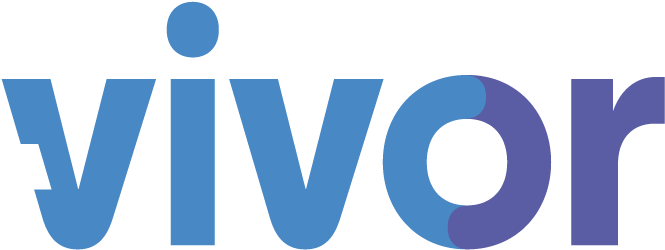
The results of this study confirm what Vivor customers experience every day: the power of a patient-centric technology to identify and secure underused financial resources.
NEW YORK (PRWEB)
May 29, 2020
Vivor, LLC, (Vivor), the leading financial assistance technology platform for healthcare providers, today announced the final results of a study exploring the use of novel technology to reduce out-of-pocket costs for cancer patients. In a randomized controlled trial conducted in collaboration with the Duke Cancer Institute, Vivor’s technology significantly increased the proportion of cancer patients applying for and securing financial assistance.
The 200-patient randomized controlled trial was supported by a Small Business Technology Transfer (STTR) grant from the National Institutes of Health (NIH)/National Cancer Institute (NCI). The research team presented results during the 2020 American Society of Clinical Oncology (ASCO) Virtual Scientific Program.
Patients randomized into the intervention arm of the study received access to “Bridge,” a patient-facing mobile app that identifies financial assistance programs for which a patient might be eligible based on treatment, disease, insurance, and financial characteristics. Bridge, a research-first application, was paired with Vivor’s commercially-available provider platform to enable collaboration among enrolled patients, study staff members, and financial counselors at the site of care. The trial enrolled patients who initially reported out-of-pocket costs related to their cancer treatment.
After six months, patients using the Vivor technology were significantly more likely to apply for financial assistance (35% vs. 10%) and significantly more likely to receive financial assistance (30% vs. 9%).
“The results of this study confirm what Vivor customers experience every day: the power of a patient-centric technology to identify and secure underused financial resources,” said Vivor CEO Ian Manners. “While this trial focused specifically on cancer patients, the same technology can help providers find assistance for many other types of patients with chronic, high-cost diseases.”
Yousuf Zafar, MD, MHS, an oncologist and associate professor of medicine at Duke University, was the principal investigator on the project. “A large proportion of cancer patients are at risk of experiencing treatment-related financial burden that worsens their quality of life and prevents them from obtaining the best cancer treatment possible,” said Dr. Zafar. “This study demonstrates that technology-driven interventions can offer a significant benefit for patients experiencing financial toxicity.”
About Vivor
Vivor (pronounced as in “survivor”) is on a mission to eliminate out-of-pocket cost as a barrier to care. Its cloud-based, HIPAA-compliant software platform integrates with any EHR and proactively matches patients to a personalized set of financial assistance options – then supports the complete workflow of enrolling and securing funds. Its customers – including Yale-New Haven Health, Moffitt Cancer Institute, and Advocate Aurora Health – manage over 100,000 active patient cases per year. Headquartered in New York City, the company is backed by prominent angel investors and has received nearly $2 million in National Institutes of Health grant funding. For more information, please visit vivor.com.
Research discussed in this release is supported by the National Cancer Institute of the National Institutes of Health under Award Number R42CA210699. The content is solely the responsibility of the authors and does not necessarily represent the official views of the National Institutes of Health.
Share article on social media or email:

